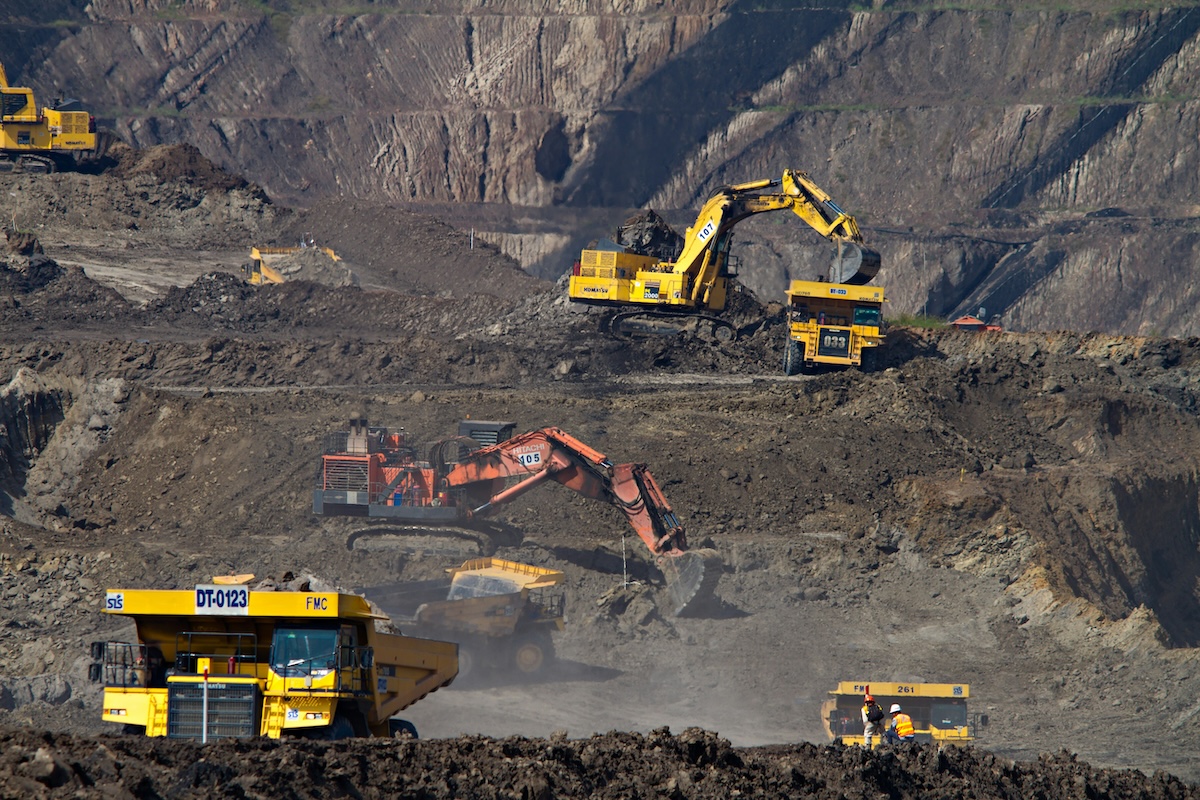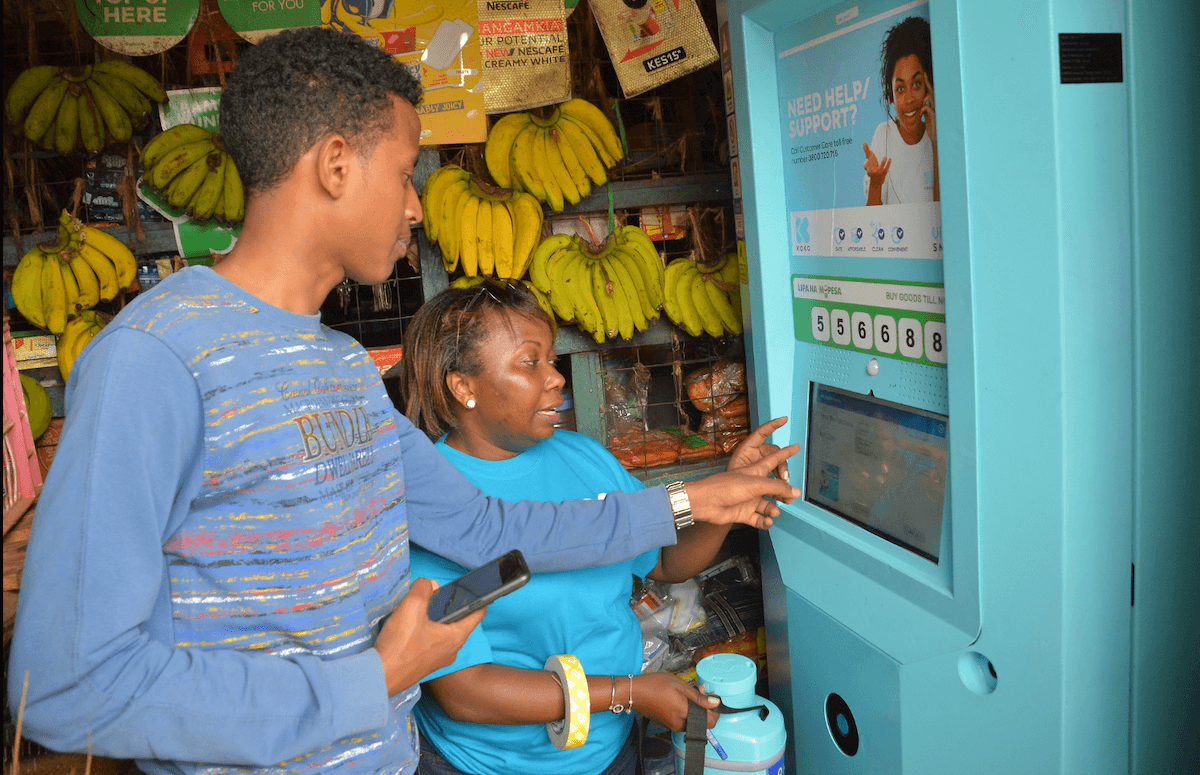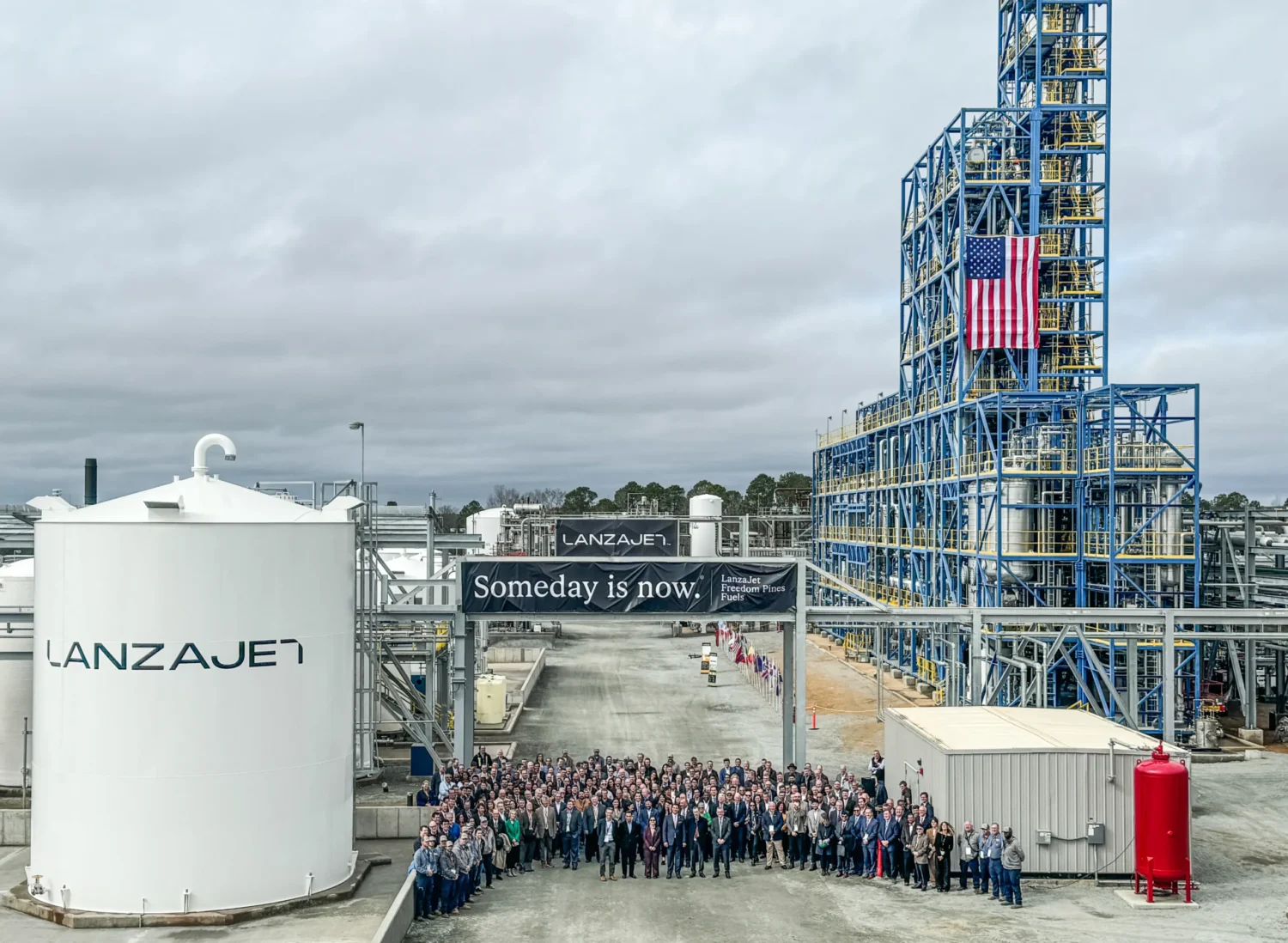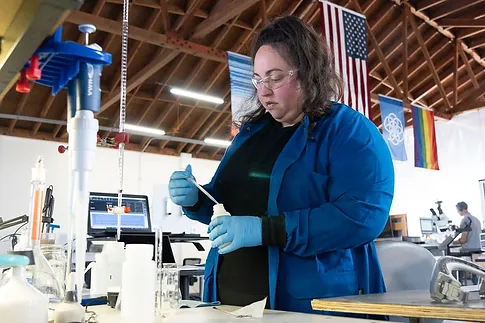Predictions of peak coal have come and gone as global efforts to phase out the dirty fossil fuel founder in regions reliant on it.
“To deliver for climate, we need a rapid and just transition away from coal,” said Tariye Gbadegesin, the new head of Washington, DC-based multilateral Climate Investment Funds.
The organization has invested $85 million in North Macedonia’s $2.2 billion plan to eliminate coal by 2030.
The Balkan country of two million people generates 40% of its power from coal. North Macedonia launched its coal-phase-out plan at COP28 last year in Dubai. It is looking to catalyze nearly $600 million in co-financing from the European Bank for Reconstruction and Development, the World Bank, and other public and private investors.
On-site, off-grid
The most coal-dependent countries are in Asia. Indonesia and Vietnam are at the center of stalled Just Energy Transition Partnerships, which seek to leverage bilateral and multilateral funding from the Global North to finance the phase-out of coal.
British International Investment this week inked its first equity deal in Southeast Asia, backing solar provider Skye Renewables, which builds on-site clean energy for companies in the Philippines, Vietnam, Singapore and Malaysia. BII’s investment, alongside Japanese oil and gas company Idemitsu Kosan, will support 300 megawatts of new solar capacity and avoid 270,000 tons of annual CO2 emissions by displacing dirty on-grid electricity consumption.
The UK development finance institution also this week invested $13.5 million in Singapore-based Clime Capital’s second Southeast Asia Clean Energy fund.
Appalachia’s just transition
In the coal stronghold of the US, the Department of Energy is channeling $81 million to Florida-based Rye Development to build a pumped hydro-energy storage facility on former coal mine land in eastern Kentucky. Funding for the Lewis Ridge project, which comes from the bipartisan infrastructure law, supports “transforming a former mining site into a long-term economic engine for the region,” Rye’s Paul Jacob said.
Rye estimates the project will create 1,500 construction jobs. The company will partner with nonprofit Shaping Our Appalachian Region to upskill and hire a local workforce for green jobs.











